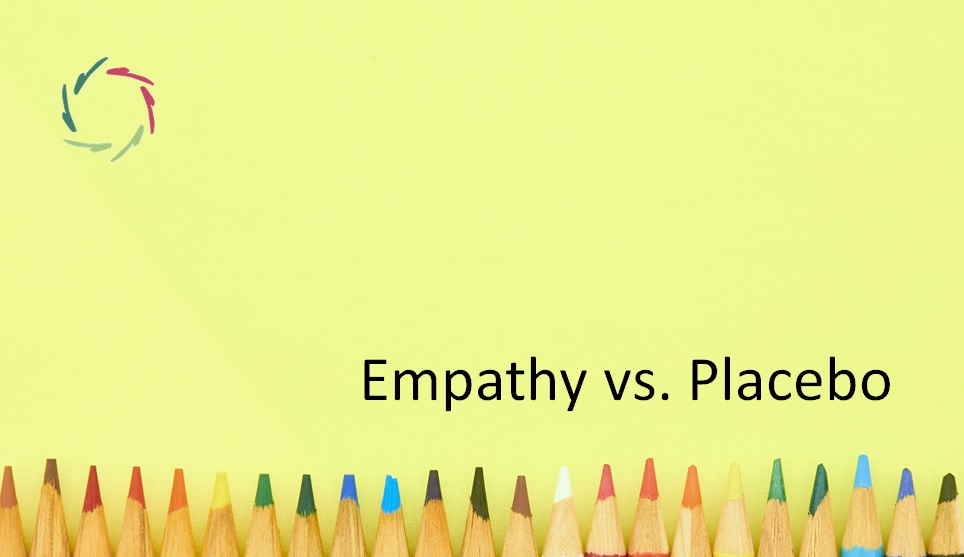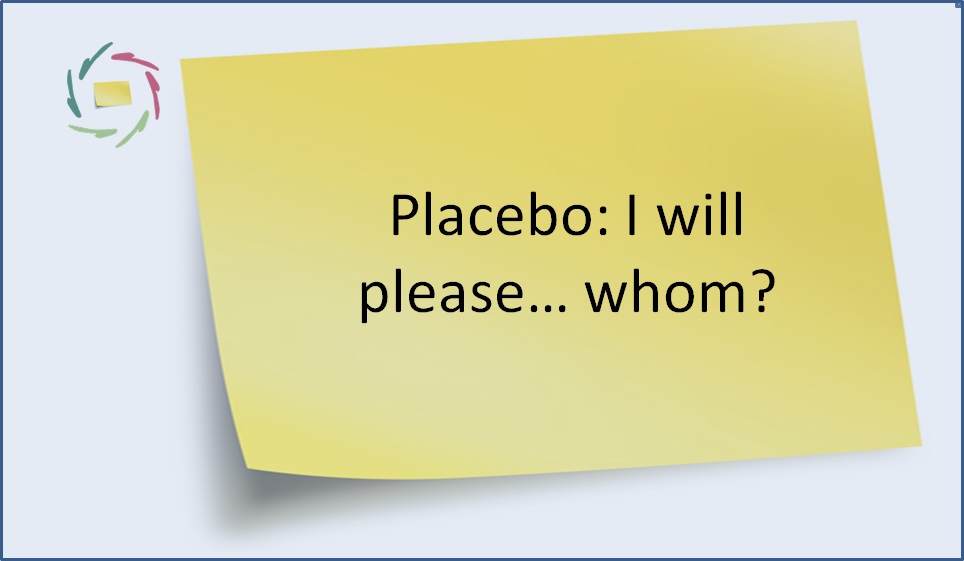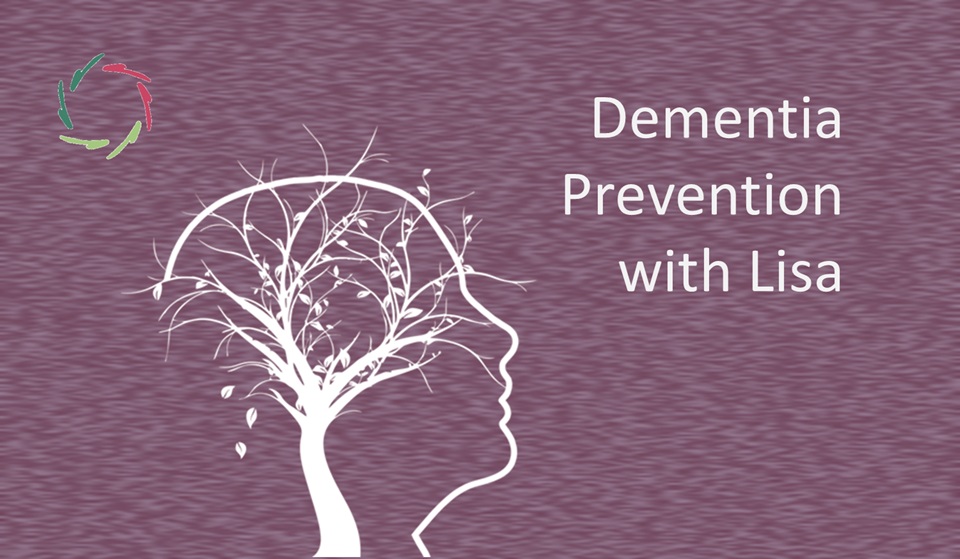Where’s the Mind in Medical Causation?

I don’t know. It has vanished or has never been present.
I’ve written quite a lot about this and don’t intend to repeat much.
Disastrous opportunity
One can see this as the big disaster that it is. Looking from within the present situation itself, one can also see it as a huge opportunity for doing good and doing well. [see: “Saving € 1 trillion in healthcare“]
To chart the field and my relevant writings (not exhaustively):
The domain of psychosomatics has been renamed to functional disorders, then to Medically Unexplained Syndromes. [see: “Medically Unexplained Syndromes (MUS)”] One can see the magical disappearance of the mind.
This, despite the scientific certainty of mind = body and recent breakthroughs in visualizing the same. [see: ” Mind = Body’ Breakthrough“]
I have written a book about how the mind can be used to self-heal. [see: “Your Mind as Cure”]
To many people, the mind remains something very misunderstood, which hinders insight in how it can influence health. [see: “Which Mind upon Health?”]
In COVID times, with the mind being absolutely clearly involved and the stakes being terribly high, with many deaths and further human and economic misery, nobody seems to care about mental causality. I have written a book and quite a few blogs, for example: [see: “Can Mind Acutely Prevent COVID?”]. You can find my book Minding Corona here [see: “MINDING CORONA”] or as a manuscript for free at ResearchGate.
I have written a weekly ‘Mind-Body Column,’ which was published during some time, but at present with little to no interest from my colleagues. [see: “Mind-Body Column – Intro“]
It has been proven beyond doubt that psychotherapeutic theories and models do not contribute to the effect of psychotherapy, making ‘the real mind’ disappear also in this field. [see: “Psychotherapy vs. Psychotherapies”]
Etc.
My conclusion: We are living in the Middle Ages concerning the mind in health and healthcare.
And, you know, after all this time and effort, I’m still baffled about the cause. There are, of course, the usual suspects:
- People don’t see it because nobody sees it.
- Being weird that nobody sees it, nobody is even looking.
- There is little money to be gained by pointing it out.
- There is a lot (money, status), to be lost by the same.
- Doctors get no proper education in this.
- People are missing some basic insights.
- The mind is invisible, therefore, well, not visible.
- Everybody is afraid of, well, something.
- An underlying stream makes people comply. [see: ” Streaming Underneath“]
- “Scientific caregivers know their domain, don’t they?” Nope, not in psycho-somatics.
- Physicians and psychologists have little idea about causal reasoning.
- In essence, the phenomenon of causality is difficult, indeed. [see: “Causation in Humans and A.I.“]
- People would feel guilty or ashamed by acknowledging the own responsibility in health and healing.
- A villainous intelligence is holding it back. (kidding)
- Many people are addicted to a superficial view of anything, including themselves.
- The human species is not ready for this.
- And on and on ― here also, no exhaustivity intended.
Not all arguments pertain to everybody. A number of them may pertain to anybody.
Apparently, I’m aware of these and other arguments. I’m still baffled.
Or is it a spiral of everything together?
Many factors may be mutually strengthening, forming a whirlpool with quite a lot of energy, drawing people into it, and not letting them come out again. This principle is probably also applicable to many disorders [see: “Whirlpool of Disease“], such as COVID. [see: “COVID-Whirlpool“] Looking for ‘the one single cause,’ it is additionally hard to find mental causality within a whirlpool, where any single cause is nowhere and everywhere.
Such a spiral is something like a self-perpetuating pattern, which probably also lies at the basis of human intelligence from the start, making us especially vulnerable to the phenomenon. Not an easy read about this is my e-book nr. 3 ― meant as a higher-level explanation of how AURELIS works.
The more elements are coming together, the more difficult to get out of the whirlpool.
Right, so, some future will call itself the ‘age of enlightenment’ after the deepest point has been reached. That tipping point may be quite soon, given recent fundamental happenings, challenges, and discoveries.
I’ll be more than ready.


